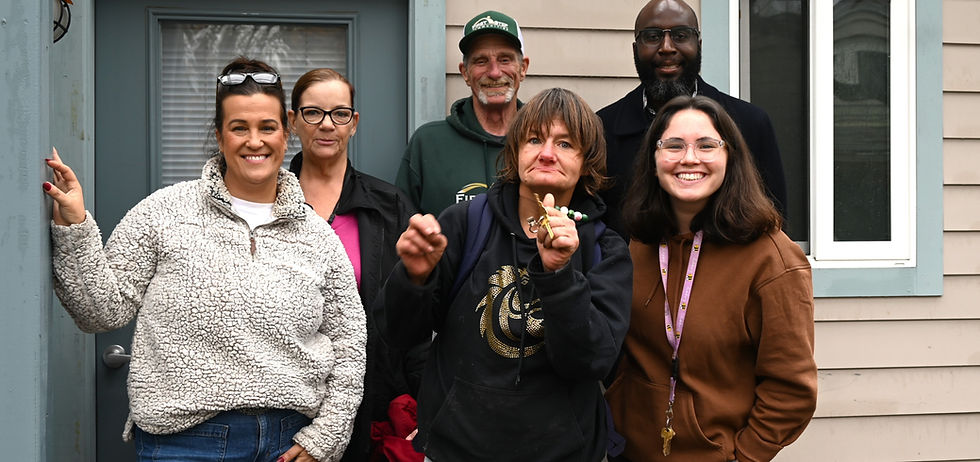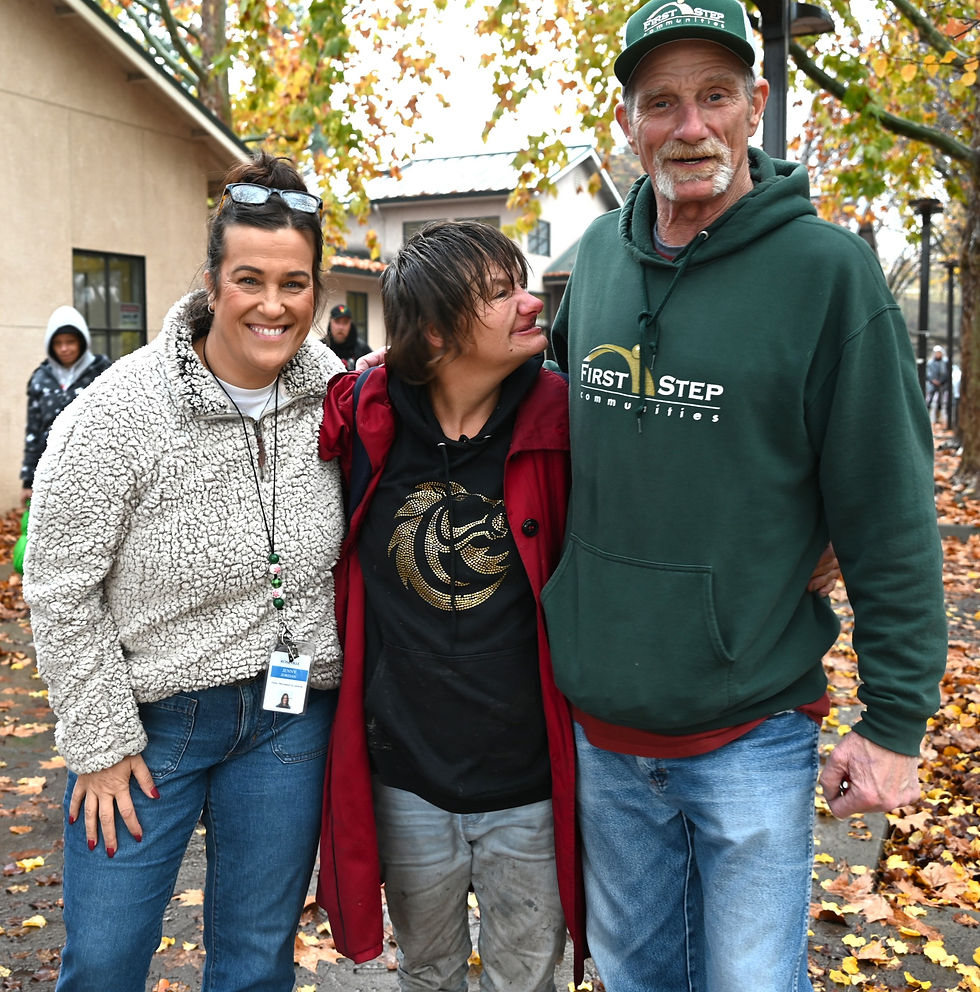
In the prime of her life, she had a happy marriage, a fulfilling job, and was a mother to three children. Life, however, took an unexpected turn at the age of 25 with the onset of Huntington's Disease. This marked the beginning of a difficult journey as the illness rapidly advanced, robbing her of her career, the ability to care for her children, and the ending of her marriage.
Dealing with a broken relationship and a lack of family support, she faced instability. She had doubts about the medications prescribed to manage her Huntington's symptoms, instilling fear and resistance towards seeking the support she so desperately needed. Rejections from shelters, ill-equipped to meet her unique needs, further exacerbated her vulnerability, making her an easy target for exploitation.
The ensuing trauma drove her to self-medicate with substances, causing the life she once knew to slip away. Trust, already fragile, became increasingly challenging as individuals took advantage of her precarious situation.
Caught in a vicious cycle, she would spend brief periods in shelters before returning to the streets. While she attempted to connect with services, the lack of support and stability hindered her progress.
Amidst the darkness, a glimmer of hope emerged when she formed a connection with the outreach team at First Step Communities (FSC). Recognizing the importance of trust, FSC invested time in building a rapport. The journey with FSC was not a linear one. The outreach team assisted with shelter referrals, provided motel vouchers, transportation, and more. FSC consistently met her on the streets, understanding the slow nature of change. They placed her name on a long list for permanent housing, committing to being there for her. Despite her inability to stay in one place for long, she managed to reside at North A Street for over a year before returning to the streets. Six months later, she returned to North A Street for the last time.
The FSC team remained flexible and dedicated to meeting her evolving needs. Weekly sessions with a compassionate case manager encouraged her to explore additional avenues of support. Connecting with medical services and involving Adult Protective Services (APS) became pivotal in her journey. APS facilitated doctor appointments and outreach nurse visits, while she also engaged with Community HealthWorks, receiving essential case management services and advocacy for supportive housing.
Over the next six months, a robust support network was crafted to prepare her for housing and ensure its sustained maintenance. Finally, years after putting her name on the list, her name surfaced for a permanent supportive housing spot, signifying the end of her homelessness journey. She shared how the journey was long but worth it, saying, "I got my home."
Securing not just a home but a community that stood unwaveringly by her side, she emerged triumphant. Today, she remains closely connected to the North A Street Shelter, visiting daily to share greetings. In the face of immense adversity, her journey stands as a testament to resilience, community, and the transformative power of unwavering support. For those of you who know her, this is a heck ya moment!



Comments